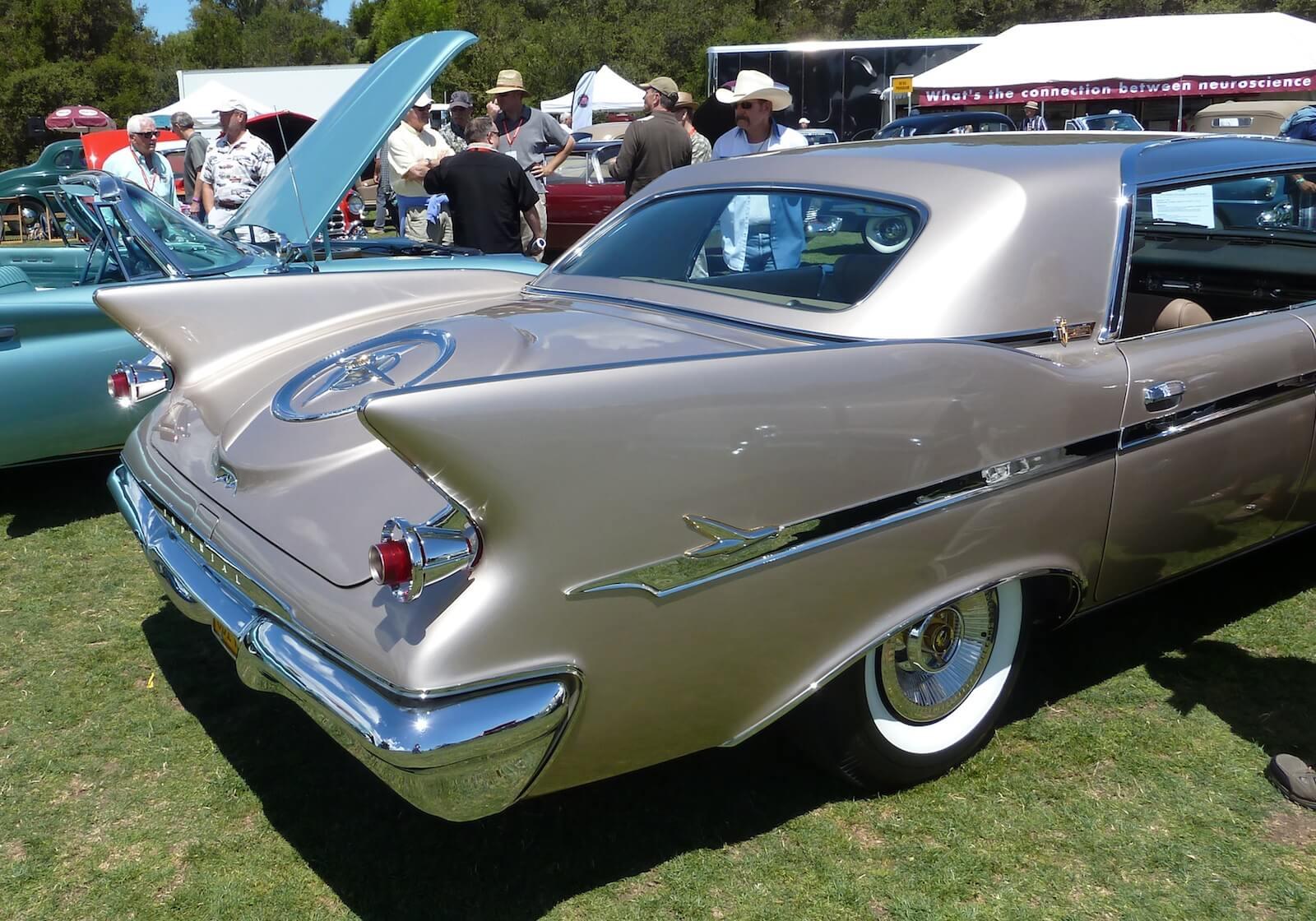Experts React to Trump White House Case for Freezing Auto Standards: ‘It Doesn’t Make Sense’

But here’s the truth: it’s very sound thinking. It’s only flawed if approached from the standpoint that Trump is acting for the good of the country he leads. As soon as one understands that this simply isn’t true, and, as I suggested in this earlier post, Trump does what’s good for Trump, everything falls into place.
Doing what’s good for Trump means pleasing his support base, which is (generally) incapable of understanding what’s good for them, and so they give him credit for everything he does, which consists almost exclusively of ridding the nation of anything progressive: common sense gun laws, campaign finance reform, healthcare for everyone, compassion for refugees, racial equality, climate change mitigation and environmental responsibility more generally, getting Russia out of our elections, consumer protection, etc.
When things just don’t make sense, that’s often because they’re viewed through the wrong lens. When you switch your glasses, they come into crystal clarity.

Craig,
You are quite correct, it does depend on which lens you are looking through. Since you view everything through a prism of anti-Trunp loathing, your view is hopelessly biased.
In reality the new regulations do not represent “Armageddon” and although contentious on the issue of States rights, are completely legal and constitutional.
John German asserts the administration is “muddled” because ” (consumers) recognize fuel savings from stricter emissions standards when considering a new car”
Sadly, that’s just fantasy ! Perhaps fuel savings and emissions are a consideration for a small minority of buyers, but not for the majority.
Environmental lobby groups and the UCS make three assumptions, all are erroneous, resulting in completely false conclusions. The first assumption that in an era when gasoline is cheap and plentiful, Americans are all clamoring for vehicles with the best fuel mileage and zero emissions. (even you don’t buy that).
The second assumption, and one which has brought about this situation, is consumers will be eager to buy expensive vehicles they don’t want, simply because the green lobby believes these vehicles are politically correct and morally good for consumers.
The fact that this sort of reasoning has never been proven even vaguely accurate, doesn’t deter these advocates. However, it does distort their reasoning and “evidence”. When consumers resist these assumptions, the Green lobby demand government regulations to force consumers into compliance, then claim the result of coercion as “evidence” their original assumption was always correct !
The third assumption is US automakers can produce competitively priced vehicles with sufficient technology to meet Californian demands.
Technically it’s certainly possible to meet the Californian regulations, but only if consumer demand, safety and price are of no consideration.
If the auto-industry produced only models the green lobby believed were morally sound and met their politically correct consideration with government subsidies, then it might be possible..
Last time that was tried, the result was not a Tesla, but a Trabant !
In response to the 1956-7 Suez fuel crisis and UK government tax policies BMC released hugely popular Mini in 1959. Designed by Sir Alec Issigonis, the mini was of revolutionary design for it’s era.
The BMC mini could seat four adults and cost only $1,340 ($14,800 2018) and could achieve 45 mpg, in an era when 20 mpg was considered frugal !
The Mini was a sensation in Europe and sold very well, ( more than 300,000 per year during the peak years) the world identified the Mini as a symbol for ‘Swinging Sixties Britain ‘.
Today, no auto company would be allowed to produce such a dangerous little vehicle ! The Mini was a complete death trap in a road accident offering no safety features what so ever and very dangerous construction.
Another little known fact was BMC lost money on every Mini sold (About 10%) but these losses were hidden in the accounts of the nationalized, government controlled British Motor Corporation.
The dynamics and logistics of US Auto-manufacture are too complex to turn into a politically motivated yelling match.
Emma Merchant’s article in GTM reflects the type of thinking of that publications readers. Her headline, “Experts React to Trump White House”, really means those experts selected to support the article. In other articles, Emma Merchant dismissed the opinions of Auto-industry production engineers, as “so-called ” experts, preferring the opinions of academics who have never seen a production line.
In a previous post, I posed the question;
California may have problems with smog in over-crowded and poorly planned Los Angeles, but why should that affect a resident of Varmit Creek, New Mexico (pop. 122 including varmits)?.
On the other hand, shouldn’t the State of California have the sovereign right to determine the correct method of dealing with issues unique to that state ?
Both sides will mount valid arguments concerning the limitations of Federal power.
Both Andrew Wheeler and Transportation Secretary Elaine Chao claim said new rules were about simplifying regulations and setting more realistic standards. Both will be anxious to avoid forcing a US Supreme Court ruling.
Unless very reckless the Attorney-General and Governor of California should be equally wary of the US Supreme Court. Both sides have much to lose, which should make Andrew Wheeler’s offer of compromise attractive to all parties.